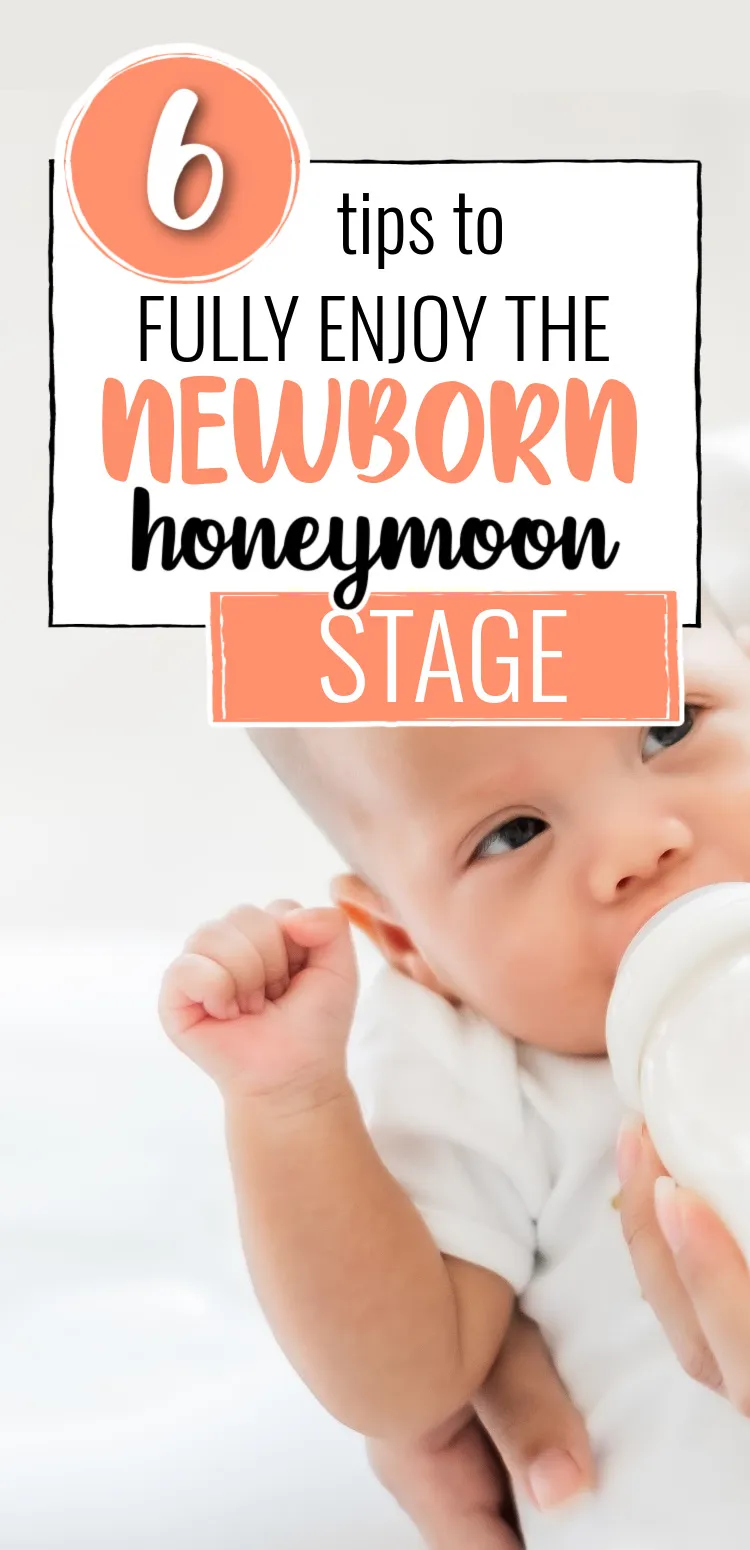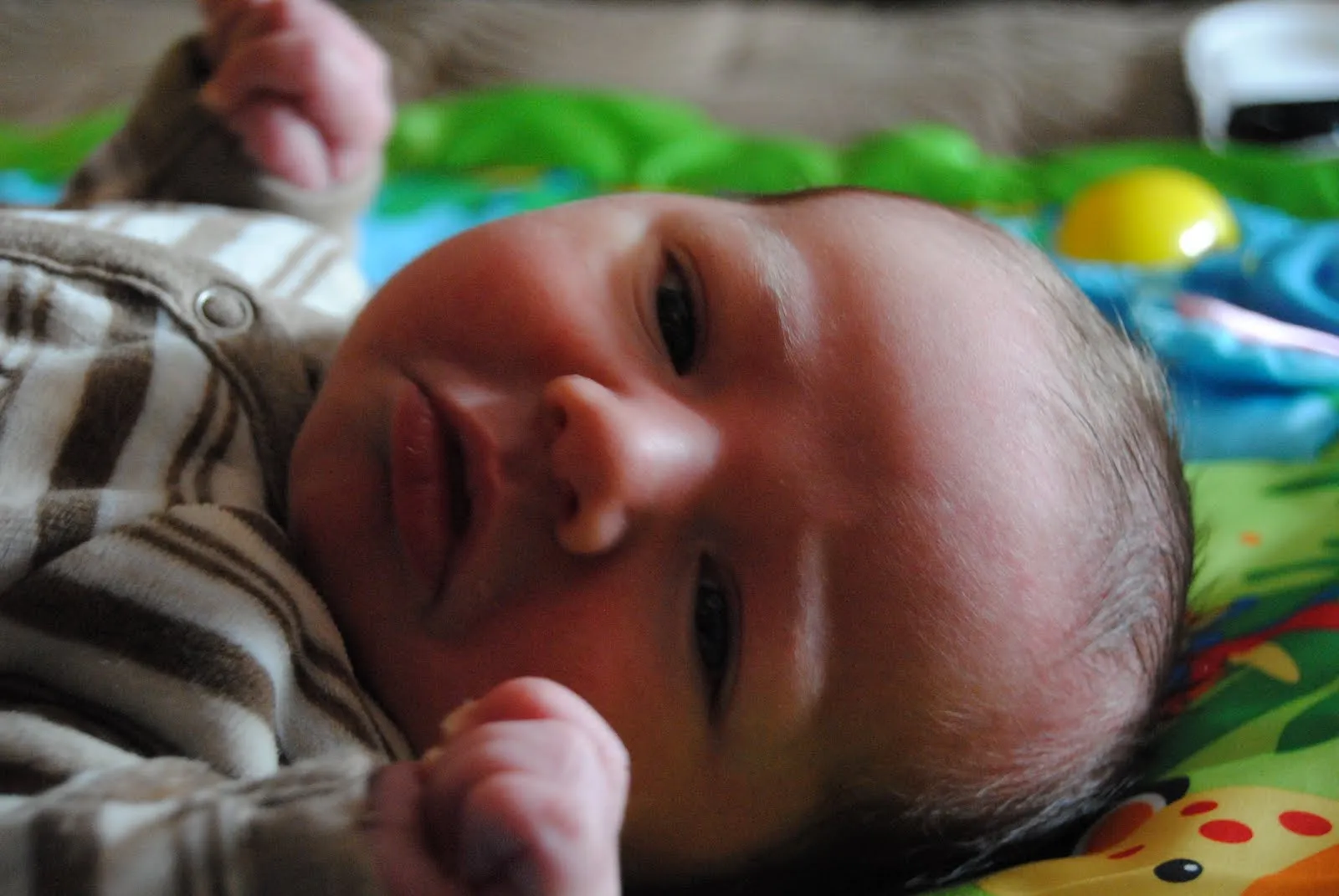Honeymoon Babies: 7 Secret Facts Revealed!
The term “honeymoon babies” conjures images of romance, new beginnings, and the joy of starting a family. While the notion of conceiving shortly after marriage is a common one, the reality is often more complex and fascinating. This guide dives into seven secret facts about honeymoon babies, exploring everything from the timing of conception to lifestyle factors that influence the chances of getting pregnant during this special time. Understanding these elements can help couples navigate their journey toward parenthood with greater awareness and informed decision-making. Whether you’re planning to start a family or simply curious about the topic, this article provides valuable insights into the art and science of conceiving a honeymoon baby. Let’s explore the hidden secrets behind this cherished dream.
The Timing of Conception
The timing of conception is a crucial factor in understanding honeymoon babies. Couples often hope to conceive quickly, but several biological elements come into play. Timing aligns with the fertile window, a limited period during the menstrual cycle when pregnancy is most likely. Understanding this window, which typically lasts about six days, including the day of ovulation and the five days prior, can significantly increase the chances of conception. Many couples find it helpful to track their cycles or use ovulation predictor kits to pinpoint the most fertile days. Besides, the sperm’s lifespan in the female reproductive tract means that having intercourse a few days before ovulation can also lead to pregnancy. This knowledge is key for couples hoping to start a family soon after their wedding.
Understanding the fertile window

The fertile window is the most crucial time for conception, representing the days when a woman is most likely to get pregnant. This window includes the day of ovulation, when the egg is released from the ovary, and the five days leading up to it. Sperm can survive for up to five days within the female reproductive tract, so intercourse during these days gives them the best chance to reach and fertilize the egg. To maximize the likelihood of conceiving, it’s important to know when ovulation is expected. Several methods can help, including tracking menstrual cycles, monitoring basal body temperature, and using ovulation predictor kits. Regular intercourse during this window significantly boosts the chances of conception.
Factors affecting conception success
Several factors influence the success of conception, beyond just the timing of intercourse. Sperm health is a key element, and factors like sperm count, motility (movement), and morphology (shape) can affect the chances of fertilization. The woman’s age is another crucial element because fertility declines with age, and the quality and quantity of eggs decrease over time. Lifestyle choices also play a role; both partners should maintain a healthy lifestyle, including a balanced diet, regular exercise, and avoiding smoking and excessive alcohol consumption. Additionally, certain medical conditions in either partner can impact fertility, so addressing any health concerns before trying to conceive is advisable. By taking these factors into account, couples can increase their likelihood of conceiving and have a healthy start to their family.
Physical and emotional readiness
Preparing both physically and emotionally is very important for couples planning to conceive. Physical readiness involves being in optimal health, which means a balanced diet, regular exercise, and maintaining a healthy weight. The woman should start taking prenatal vitamins, especially folic acid, to reduce the risk of neural tube defects in the baby. It’s also important to consult a healthcare provider for a pre-conception checkup. Emotionally, couples should discuss their expectations, feelings, and readiness to become parents. Building a strong partnership based on open communication and mutual support can help reduce stress and enhance the experience. Feeling prepared and supported can positively impact the journey to parenthood and the early stages of pregnancy.
Optimizing Health for Pregnancy

Optimizing health is crucial for both partners when trying to conceive. For women, this involves taking prenatal vitamins containing folic acid to prevent neural tube defects, and ensuring they are up-to-date on vaccinations, like the flu and rubella vaccines. A balanced diet rich in fruits, vegetables, lean proteins, and whole grains is essential for providing the necessary nutrients for conception and early pregnancy. Regular exercise, like walking or swimming, is also beneficial, but it is best to avoid strenuous activities. For men, maintaining a healthy lifestyle is equally important, as this affects sperm quality. This means eating a balanced diet, getting regular exercise, and avoiding smoking and excessive alcohol consumption.
Importance of prenatal vitamins
Prenatal vitamins are vital for a healthy pregnancy. They provide essential nutrients that support both the mother’s health and the baby’s development. Folic acid is particularly important, as it reduces the risk of neural tube defects in the developing fetus. Other key nutrients include iron, which helps prevent anemia, and calcium and vitamin D, crucial for the baby’s bone development. Women are advised to start taking prenatal vitamins before conception to ensure their bodies have sufficient levels of these nutrients from the beginning. Following a healthcare provider’s recommendations on the appropriate prenatal vitamin and dosage is important for the best outcomes.
Healthy lifestyle and habits
Adopting healthy lifestyle habits is key to increasing the chances of conception and ensuring a healthy pregnancy. This includes maintaining a balanced diet, rich in nutrients and avoiding processed foods. Regular exercise, such as walking, swimming, or yoga, is beneficial for physical and mental well-being. However, it’s important to avoid extreme exercise routines. Both partners should quit smoking and reduce or eliminate alcohol consumption, as these habits can negatively impact fertility. Additionally, managing stress through relaxation techniques like meditation or yoga can also improve the chances of conception. Creating a healthy environment for both partners promotes overall well-being and prepares the body for pregnancy.
The Role of the Honeymoon Period

The honeymoon period offers a unique environment that can influence the chances of conceiving. The increased intimacy and frequency of intercourse during this time can increase the chances of fertilization, as couples tend to be more physically affectionate and connected. The relaxed and stress-free environment of the honeymoon also plays a vital role. Reduced stress levels can positively impact both partners’ fertility. The excitement of a new marriage, coupled with the joy of a honeymoon, often creates an atmosphere conducive to conceiving. This combination of increased physical intimacy and emotional well-being offers an ideal setting for couples hoping to start their family. Remember, it’s not just about romance; it’s also about the physical and emotional conditions that enhance fertility.
Increased intimacy and frequency
Increased intimacy and frequency of intercourse during the honeymoon period often translate into a higher likelihood of conception. During this time, couples are often more physically affectionate, which naturally leads to more frequent sexual encounters. This increased frequency maximizes the opportunities for sperm to meet the egg during the fertile window. Having intercourse several times during the fertile window significantly increases the chances of pregnancy. It’s not just about the act itself; the greater the frequency, the higher the likelihood of conception. This heightened physical intimacy, combined with other factors, makes the honeymoon period a prime time for couples hoping to conceive.
Relaxation and reduced stress
The relaxed and stress-free environment typically experienced during a honeymoon can positively impact fertility. Stress is known to negatively affect both male and female fertility. High stress levels can disrupt ovulation, decrease sperm production, and reduce overall reproductive health. The honeymoon period offers a respite from the everyday stressors of life. Relaxation allows the body to function optimally, making it more conducive to conception. Couples who can fully relax and enjoy this time together often find that it enhances their chances of conceiving. Therefore, planning a honeymoon that prioritizes relaxation and emotional well-being is an investment in future family planning.
Lifestyle and Environmental Factors

Lifestyle and environmental factors significantly impact fertility, especially for couples seeking to conceive a honeymoon baby. Dietary choices, exercise habits, and exposure to environmental toxins can all affect the reproductive system. Adopting a healthy lifestyle before trying to conceive is therefore crucial. This includes eating a balanced diet, getting regular exercise, and avoiding harmful substances. Understanding and mitigating environmental influences is equally important. Creating a healthy environment maximizes fertility, setting the stage for a successful pregnancy.
Impact of diet and exercise
Diet and exercise play crucial roles in fertility and the chances of conceiving. A balanced diet, rich in essential nutrients, supports reproductive health. Foods high in antioxidants, like fruits and vegetables, can protect sperm and eggs from damage. Maintaining a healthy weight is also essential, as both being underweight or overweight can disrupt hormonal balance and ovulation. Regular, moderate exercise is beneficial, promoting overall health and reducing stress. However, excessive or strenuous exercise can negatively impact fertility. Aim for a sustainable exercise routine that supports physical well-being without overexerting the body. Making mindful choices about diet and exercise can improve your chances of conception.
Environmental influences on fertility
Environmental factors can affect fertility and influence the chances of conceiving a honeymoon baby. Exposure to environmental toxins, such as pesticides, heavy metals, and chemicals found in some household products, can harm reproductive health. Limiting exposure to these toxins is important. This includes being mindful of what products you use, and avoiding areas known for pollution. Additionally, certain lifestyle choices, such as smoking and excessive alcohol consumption, can negatively impact fertility. Creating a healthy environment by making conscious choices and avoiding harmful exposures enhances the chances of a successful conception. It is about making proactive choices to support reproductive health.
Emotional Factors and Support

Emotional factors and the support system a couple has are essential in their journey towards conceiving a honeymoon baby. The emotional well-being of both partners can significantly affect their fertility and the experience of trying to conceive. Building a robust support system is also crucial because it provides encouragement, reduces stress, and fosters a positive environment. Addressing emotional challenges and seeking support from friends, family, or professional resources can improve the chances of conception and the overall well-being of the couple.
The impact of emotional well-being
Emotional well-being is key to fertility and conceiving a honeymoon baby. Stress, anxiety, and depression can disrupt hormonal balance, affecting ovulation in women and sperm production in men. Maintaining a positive emotional state is therefore crucial. Practicing relaxation techniques, like meditation or yoga, can help manage stress. Open communication with your partner about any concerns or emotions is essential. Creating a supportive and loving environment can also boost emotional well-being, making the journey to conception more enjoyable. Addressing emotional challenges and seeking professional help if needed can significantly increase the likelihood of conception and enhance overall well-being.
Building a strong support system
Building a strong support system is essential for couples trying to conceive. A good support system provides emotional encouragement, reduces stress, and creates a positive environment. This support can come from family, friends, or support groups. Talking openly about the process and sharing experiences can make the journey less isolating. Seeking professional guidance, such as counseling, can also be beneficial. Knowing you have people to lean on can ease emotional burdens and enhance the overall experience of trying to conceive. This robust support system is an important factor for building a healthy start to parenthood.
Medical Considerations and Consultations

Medical considerations and consultations are essential for couples planning to conceive. A pre-conception checkup with a healthcare provider can identify potential health issues that might affect fertility or pregnancy. Understanding when to seek medical advice and being aware of common fertility tests and treatments can ensure that couples are prepared to navigate any challenges they may encounter. These steps can help couples optimize their chances of conception and ensure a healthy start to their journey towards parenthood.
When to seek medical advice
Knowing when to seek medical advice is essential when trying to conceive. Couples should consult a healthcare provider if they have been trying for a year without success. If the woman is over 35, the timeframe shortens to six months. Other reasons to seek advice include a history of irregular periods, known fertility issues, or a family history of fertility problems. For men, they should seek advice if they have concerns about their sperm count or have had any reproductive health issues in the past. Early medical consultation can help diagnose any underlying issues and determine appropriate interventions, increasing the chances of conception.
Common fertility tests and treatments
Various fertility tests and treatments are available to help couples conceive. Women may undergo tests to assess ovulation, check hormone levels, and evaluate the uterus and fallopian tubes. Men typically have a semen analysis to evaluate sperm count, motility, and morphology. Depending on the diagnosis, treatment options range from lifestyle changes and medications to assisted reproductive technologies (ART), like in vitro fertilization (IVF). The healthcare provider will guide the couple on the most appropriate tests and treatment pathways based on their specific circumstances. Understanding the options available ensures informed decision-making and can improve the chances of conception.
Navigating the Early Stages of Pregnancy
Navigating the early stages of pregnancy, especially for honeymoon babies, involves understanding the early signs and symptoms and prioritizing early prenatal care. Being aware of the changes happening in the body and the steps to take can lead to a healthier pregnancy and a better start for both mother and baby. This phase is full of excitement and adjustment, and knowing how to navigate it ensures a smooth transition into parenthood.
First signs and symptoms
Recognizing the first signs and symptoms of pregnancy is an important step for couples expecting a honeymoon baby. Common early indicators include a missed period, breast tenderness, fatigue, and nausea (morning sickness). Frequent urination and changes in appetite can also be early signs. Some women experience heightened sensitivity to smells. These symptoms can vary in intensity from one woman to another. If you suspect you are pregnant, take a home pregnancy test to confirm. If the test is positive, consult a healthcare provider for confirmation and guidance on prenatal care.
Importance of early prenatal care
Early prenatal care is crucial for a healthy pregnancy. This involves regular visits to a healthcare provider for check-ups, tests, and monitoring of the mother’s and baby’s health. Prenatal care helps identify and manage any potential complications. It also provides education and support for the mother. The healthcare provider may recommend prenatal vitamins, discuss nutrition and lifestyle choices, and provide guidance on preparing for childbirth. Early prenatal care significantly improves the chances of a successful pregnancy and delivery. It sets a foundation for the health and well-being of the mother and child.
